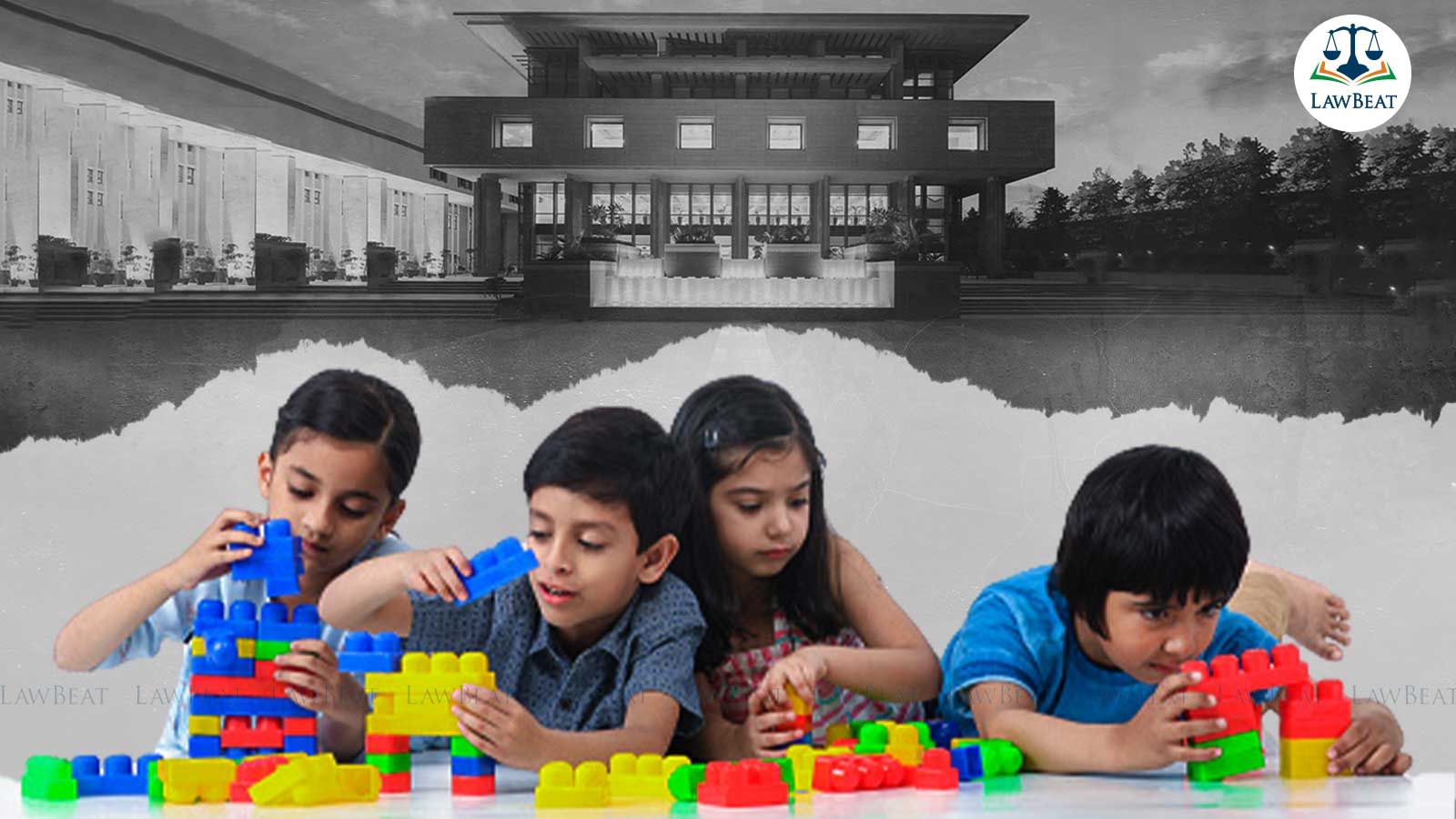Delhi High Court reserves order in PIL seeking to expedite finalization of Delhi School Education (Amendment) Bill, 2015

The plea stated, "People have a right to know why a child-friendly bill has not seen the light of the day even after 7 years of its unanimous passing from the Delhi Assembly in 2015".
The Delhi High Court on Wednesday "reserved order" in a Public Interest Litigation (PIL) seeking directions to expedite the finalization process of the Delhi School Education (Amendment) Bill, 2015 which relates to the prohibition of screening procedure in the matter of admission of tiny tots at pre-primary level (nursery/pre-primary) in schools.
While reserving orders the division bench comprising Chief Justice Satish Chandra Sharma and Justice Subramonium Prasad said, "Orders reserved, We will pass appropriate orders".
During the hearing today, Advocate Ashok Agarwal referred to Section 24 of the Government of NCT of Delhi Act, 1991, and argued that 7 years delay in finalizing the pro-child bill is totally unjustified.
Earlier in May, Chief Justice Satish Chandra Sharma and Justice Tushar Rao Gedala asked the petitioner's counsel Advocate Ashok Agarwal to show them a provision of law that states that the court can issue a writ of mandamus to the government.
Advocate Ashok Agarwal along with Advocate Kumar Utkarsh appearing for the petitioner NGO had contended that such a long delay with the child-friendly bill is not justified at all.
Opposing the PIL, the Delhi government's standing counsel Santosh Kumar Tripathi had apprised the bench that when this bill was introduced in 2015, Agarwal had himself staged a protest against the present bill. “Today he is saying to implement this bill, My Lord!”, he had argued.
To this, Agarwal had contended, “This is wrong! The protest was against the part of the bill that takes away the right of the teachers under Section 10 and this bill was drafted by me. After I drafted the bill, the government had accepted it. How can I protest against a bill I drafted”.
“What is this you are doing Dharna and then you are filing this PIL…You are an interested person. Dharna was regarding this bill also. We cannot pass a writ of mandamus to the government”, the Chief Justice had remarked orally.
Additionally, Justice Gedala had said, “Can a Constitutional ourt pass a writ of mandamus to the government? Where is the consideration? Where is any judgment? We can’t pass a mandamus! Sorry!”
“We cannot issue mandamus! State one judgment where we can issue a mandamus. Please, Show me! There are none at all…this is not done. Under the garb of a PIL you cannot just throw any piece of paper on us!”, CJ Sharma had remarked.
Accordingly, the court had adjourned the matter and asked Agarwal to seek instructions on the matter.
The plea highlighted that the very objective and purpose of the Delhi School Education (Amendment) Bill, 2015 is to protect tiny tots from exploitation and unjust discrimination in the matter of nursery admission in private schools which is literally defeated by delay in finalizing the same by Central and Delhi Government and making it a law.
The PIL filed by NGO namely, Social Jurist, a Civil rights group alleged that private schools have been adopting the unethical practice of subjecting children 3+ age to screening procedures. It states that a child-friendly Bill, namely, Delhi School Education (Amendment) Bill, 2015, banning screening procedures in Nursery admission in schools is hanging between the Central and Delhi Governments for the last 7 years without any justification and is against the public interest and opposed to public policy.
“Right to Education Act, 2009, prohibits screening procedures in the matter of admission of a child in a school and makes it offence punishable under the law. However, the Act, does not apply to children below 6 years of age and so does not apply to nursery class admissions”, it stated.
The plea further stated that the admission criteria being adopted by the private schools are a screening procedure in terms of Section 2 (o) of the RTE Act, 2009 which is prohibited and punishable under Section 13 of the RTE Act, 2009.
“People have a right to know why a child friendly Bill has not seen the light of the day even after 7 years of its unanimously passing from Delhi Assembly in 2015”, the plea read.
Case Title: Social Jurist, A Civil Rights Group v. Government of NCT of Delhi & Ors.
Statue: Delhi School Education (Amendment) Bill, 2015; Right to Education Act, 2009
